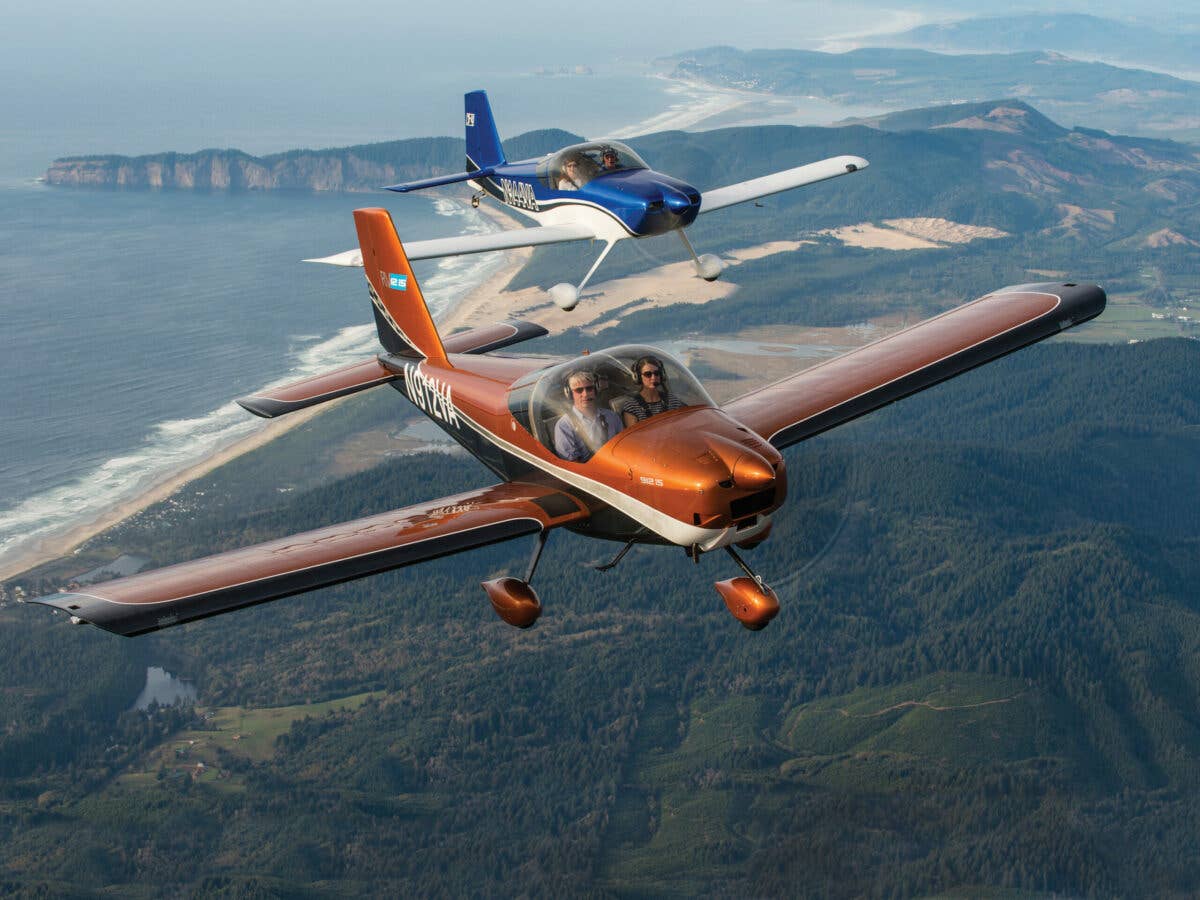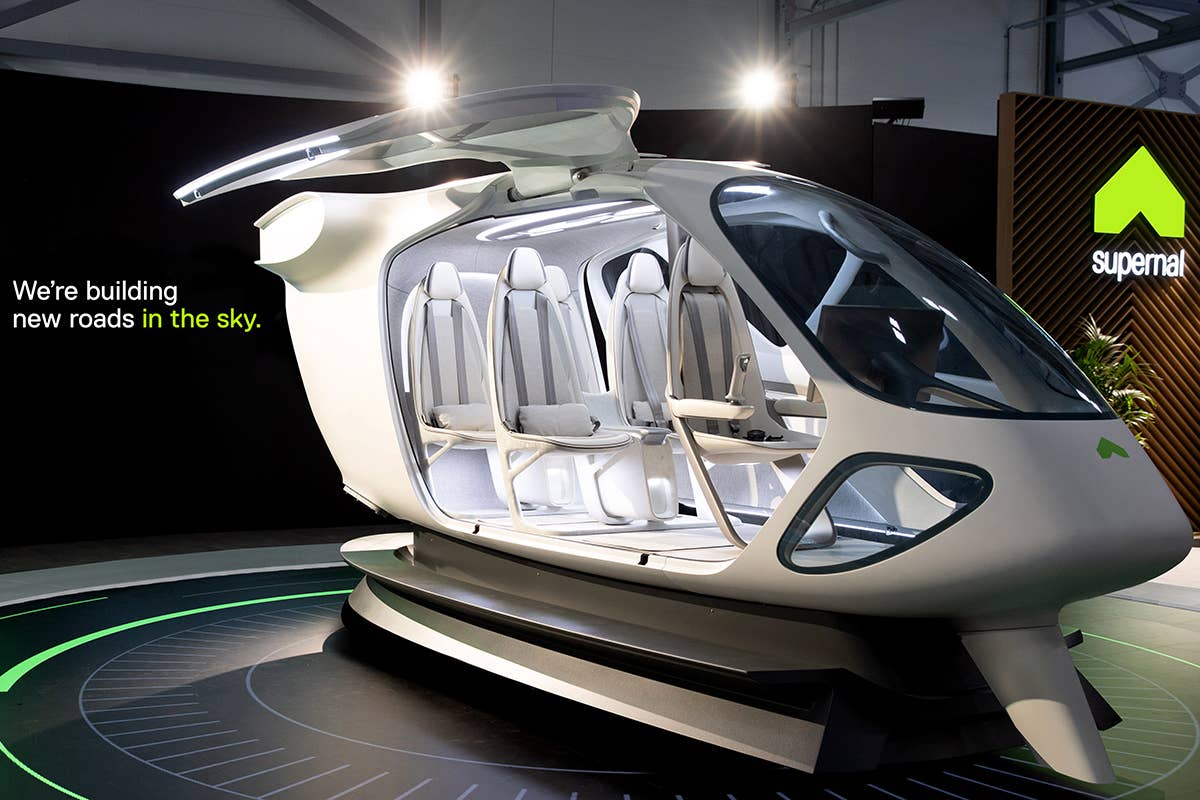
As the Solar Impulse heads off for its latest feat — its first intercontinental flight — here's a closer look at the aircraft that's making some large strides in the green aircraft race.
Flying StaffEditor
Flying Magazine is a one-stop resource for everything aviation, including news, training, aircraft, gear, careers, photos, videos, and more.
Comments(0)
Related Stories

Subscribe to Our Newsletter
Get the latest FLYING stories delivered directly to your inbox






